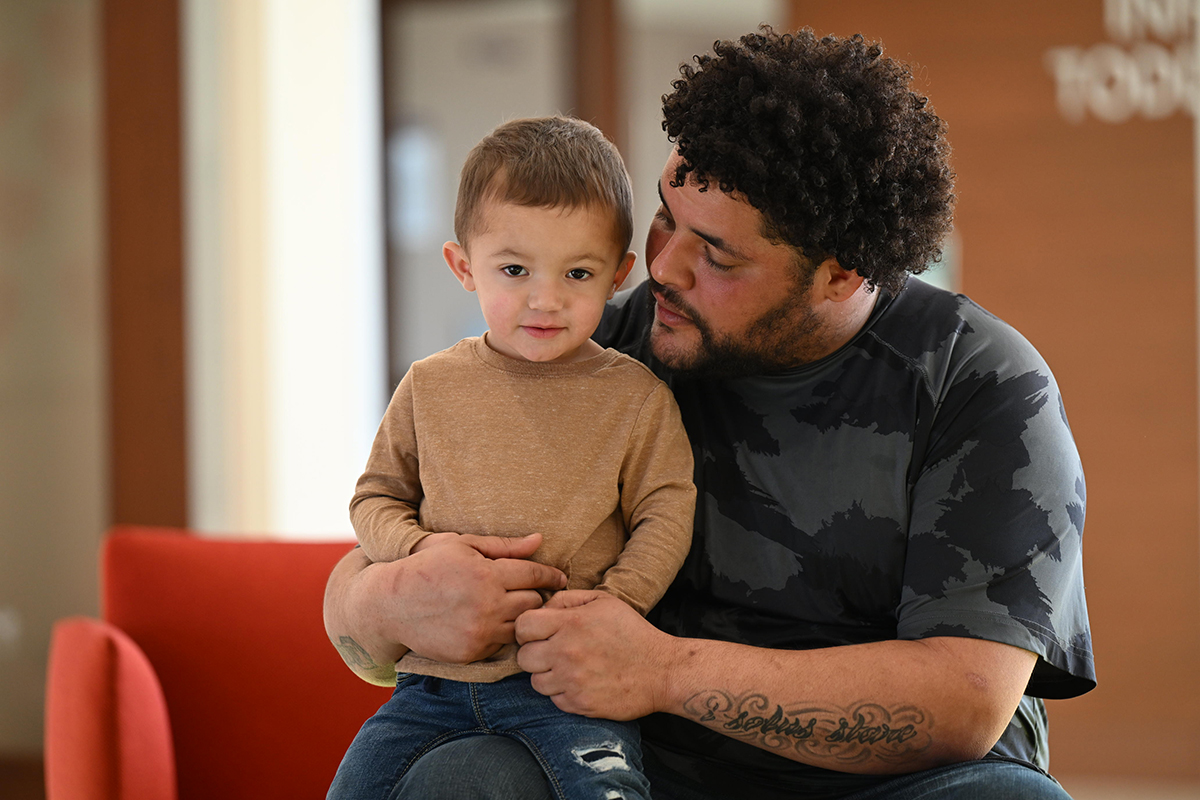Setting and Achieving Goals: Your ECE Career Journey

“A new year, a new me.” Here we are, one month into 2024, and optimistic that this year will be better than the last. New Year’s resolutions or goals can be exercising more, eating healthier, or spending more time with family, but they can also be career goals. As an early childhood educator or professional serving children and families, your own professional growth plans can have a positive ripple effect on those around. No matter what your role is, there are countless opportunities for goal setting and growth. Setting these goals for your own professional development — and achieving them— adds value to your workplace and colleagues and improves the service you provide to children and families.
Be Intentional
The first step in developing your goals is to examine your personal goals while also considering your organization’s overall goals and available resources, including professional development or continuing education opportunities, to help ensure that your objectives align.
Once you have a better idea of the overall strategy, you can ideate your goals. When landing on a goal, ensure it is achievable, and remember that it does not need to be complex or as detailed as your organization’s overall plan. For example, it can be as simple as connecting more often and intentionally with families, learning more about an innovative approach to serving children, or simply taking more moments to breathe and give yourself grace.
An example of a more structured approach is to develop so-called SMART Goals (an acronym for specific, measurable, attainable, relevant, and time-based goals).
- The more specific the goal, the higher the chance of achievement.
- Ensuring your goal is measurable will keep you on track and allow you to share your progress easily with others.
- Do not be over-ambitious with your goals. Make sure that they are attainable.
- You want your goal to be relevant. Ensure it is application in achieving success in your role or career path.
- Identifying a timeline for your goal will help hold you accountable in reaching your goal.
Aspire for Growth
The next step is motivating yourself to succeed. This can be done in several ways; a common one is educating yourself about the possibilities. For example, you can take advantage of existing professional development opportunities such as books, classes, and presentations, some of which you will find online.
The National Association for the Education of Young Children (NAEYC) offers an extensive number of resources for ECE development, as does Catherine Hershey Schools for Early Learning. You can also discuss ideas with your peers in similar roles or even your supervisors, as the support and accountability that pairs with sharing your goals is likely to help you achieve them.
Visualize Success
Everyone retains information differently. While some may find it sufficient to read a book or attend a presentation, others may prefer a physical representation of what they are trying to achieve. This can be in the form of a corkboard with pictures and words/quotes or photos of educators that inspire you. Physical reminders of your inner journey can help you on your way to success, particularly when times are tough, or you experience a setback. A journal or even a notecard can serve as inspiration.
Extend Your Reach
Once you have achieved what you have set out to do, your mission may seem complete. However, when you aspire to succeed, the children and families you serve benefit from your accomplishments, along with your colleagues. When you engage more with your colleagues and use your newly developed skills in your everyday interactions with the children you serve, you extend the reach of your achievements and create positive impact for others. These actions and reactions create an impact circle that can improve the overall experience for everyone involved in early childhood education [not just in your center] or in your field.
Those are lofty goals – like most of the goals those of us who work in ECE aspire to. The most significant impact will be on the children and families you serve. When you have young minds and their families looking to you for guidance, it is important to keep trying to be your best self to set an example. When they see you accomplish a goal or see the results of accomplishing that goal, you are modeling behavior. Remember, you are being held to a high standard. While that may seem like a lot of pressure, it should make you proud. And even if you don’t succeed all the way, or you find another kind of success, the constant striving for lifelong learning, is in essence, part of your professional journey.
No matter the time of year or the approach, it is never too late and there is never a wrong way to set professional goals. A great place to start is a strong desire, coupled with a reasonable plan, and then you are well on the way to achieving your goals and improving even more young lives.




